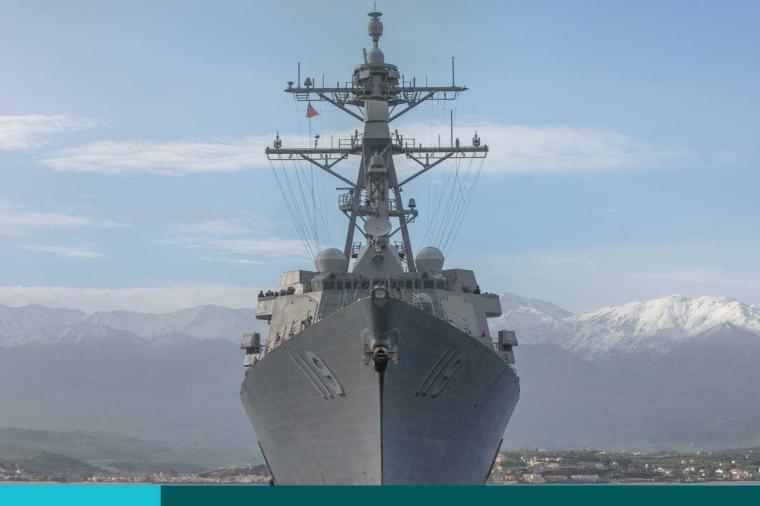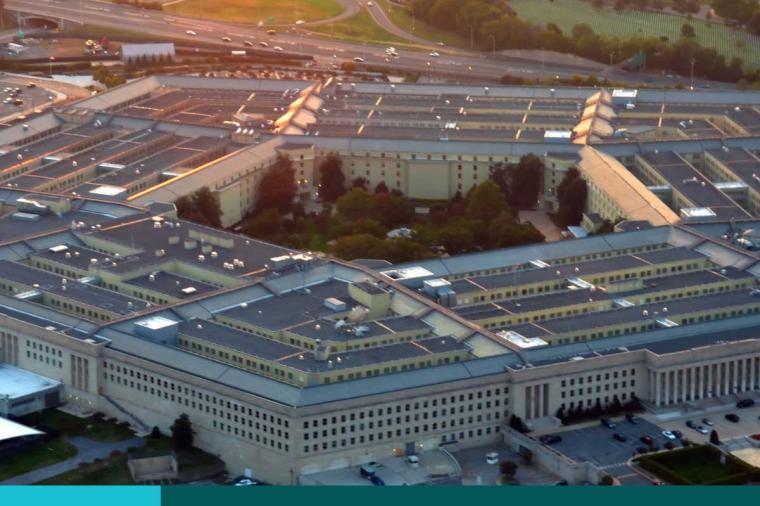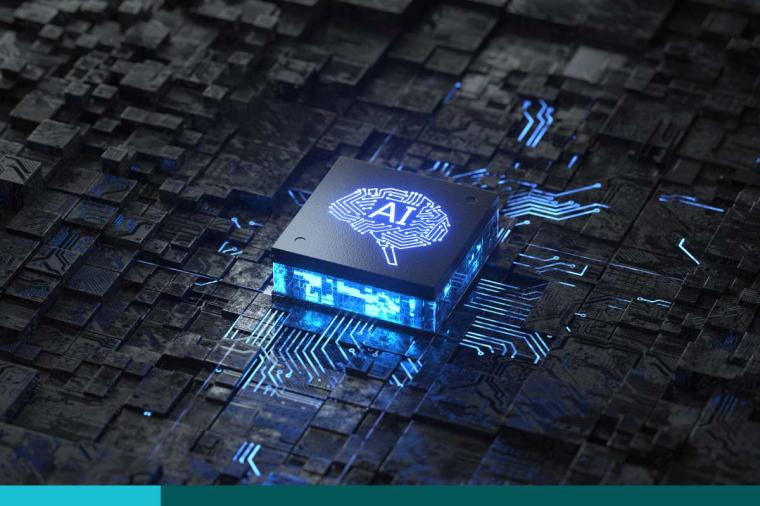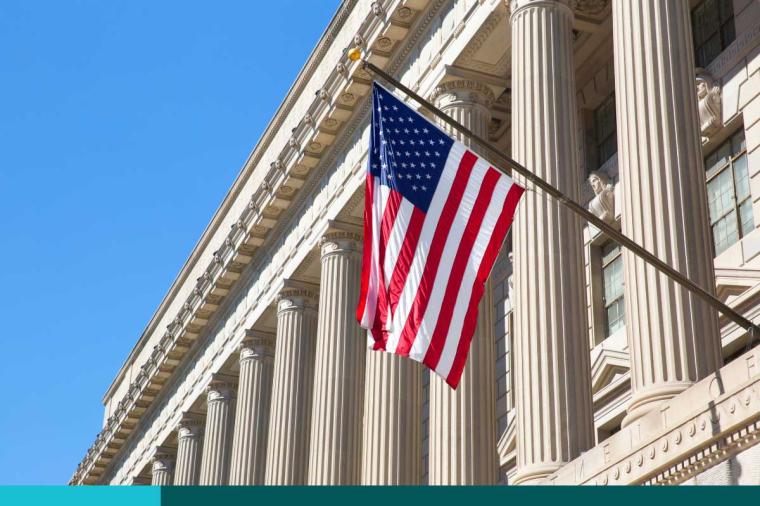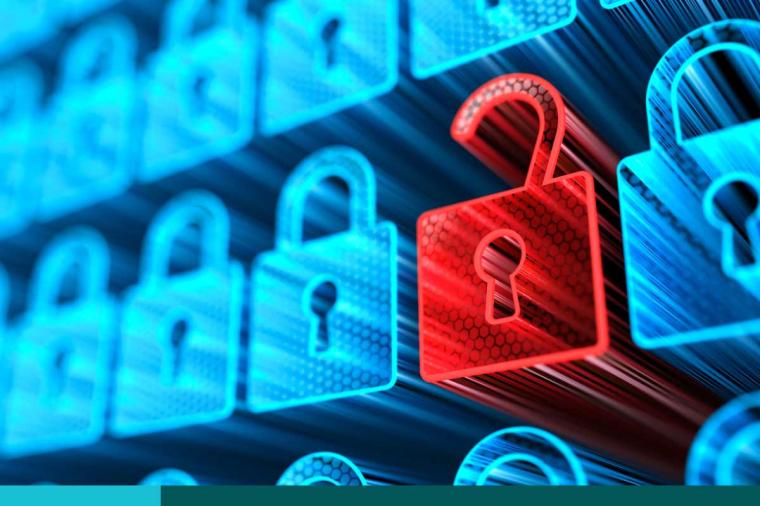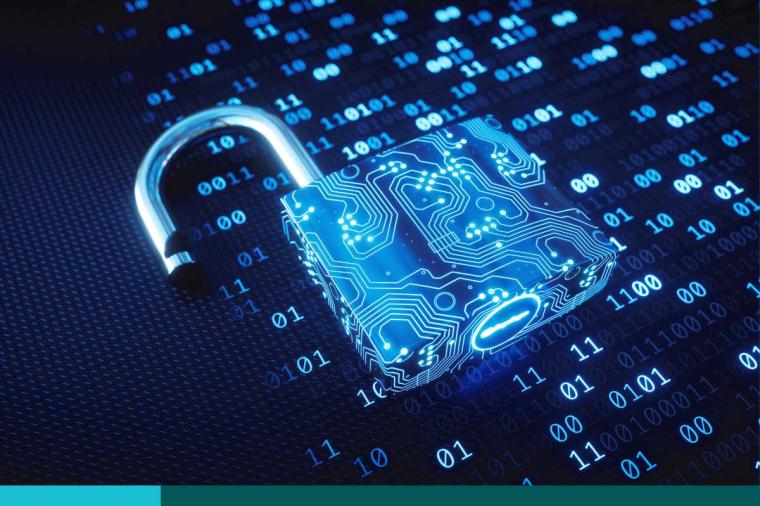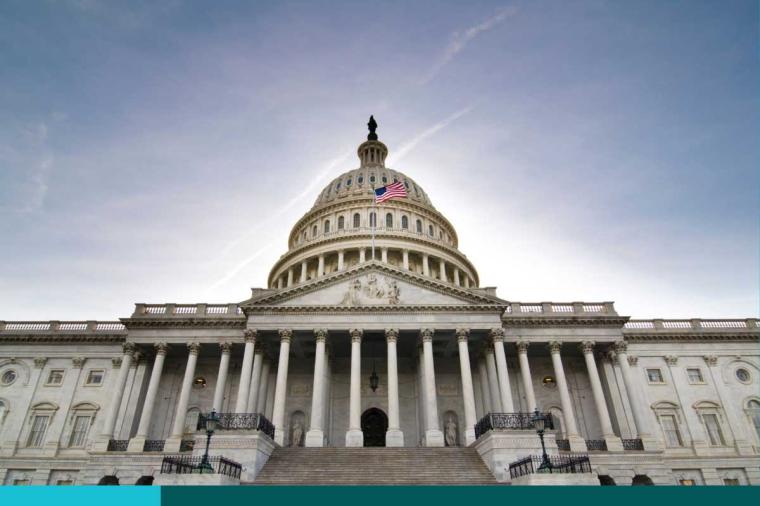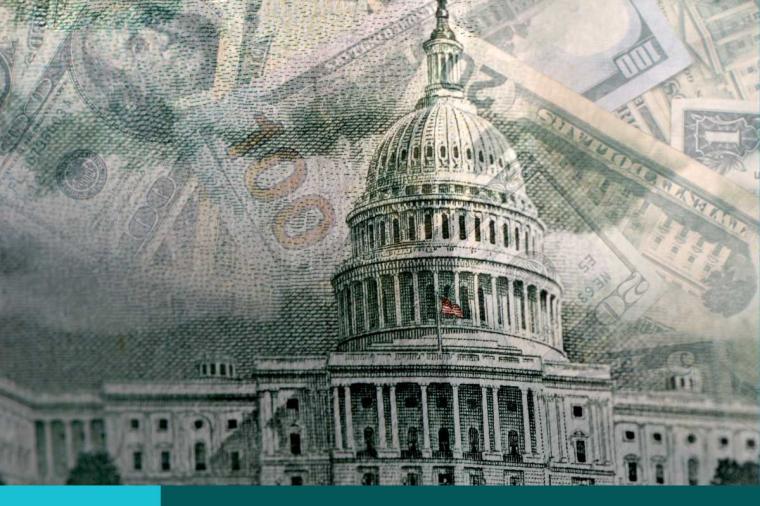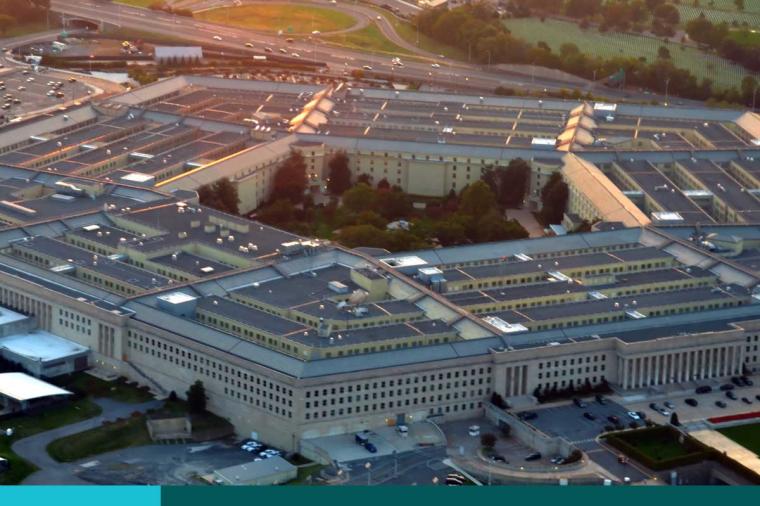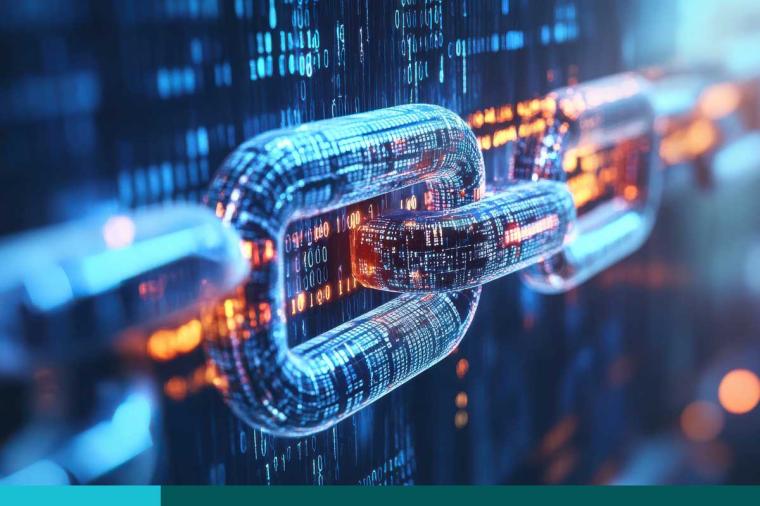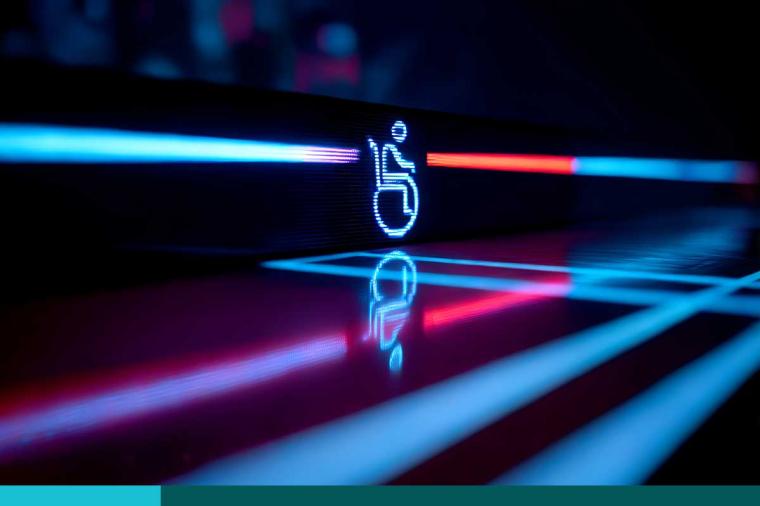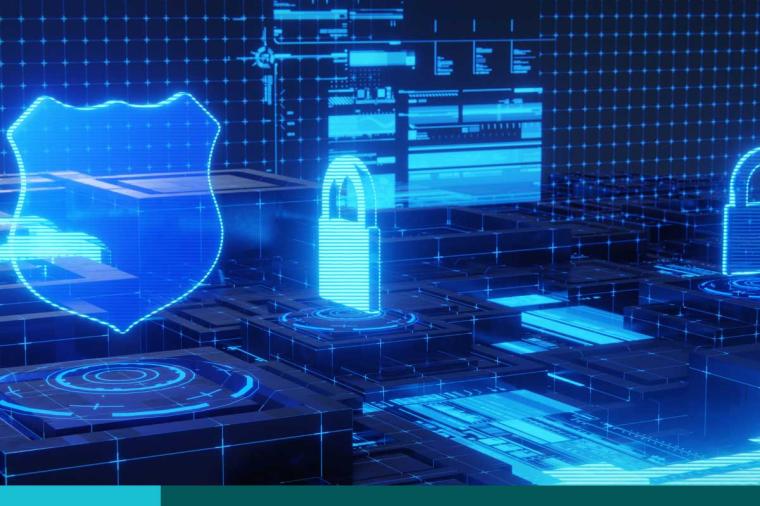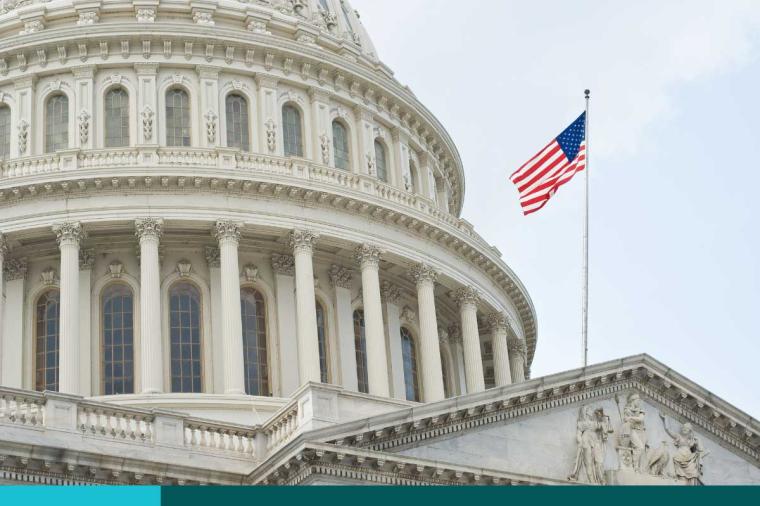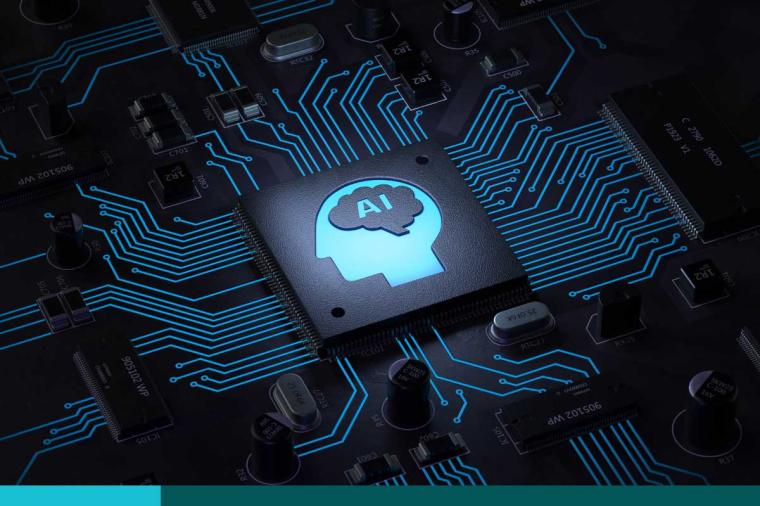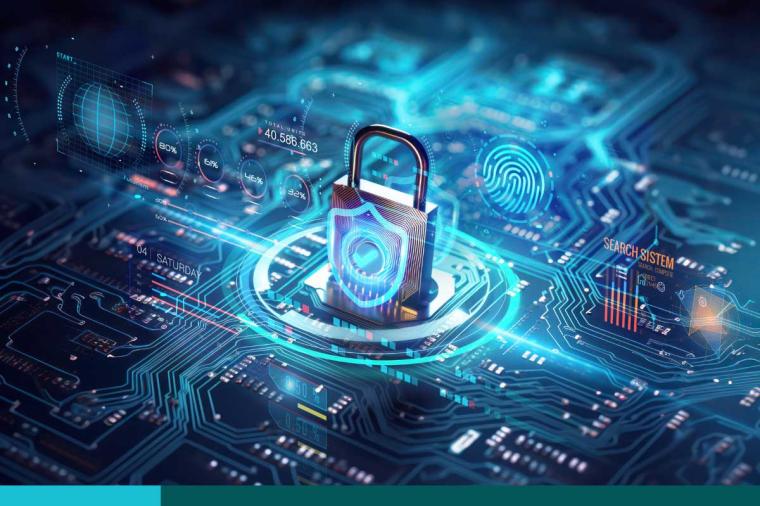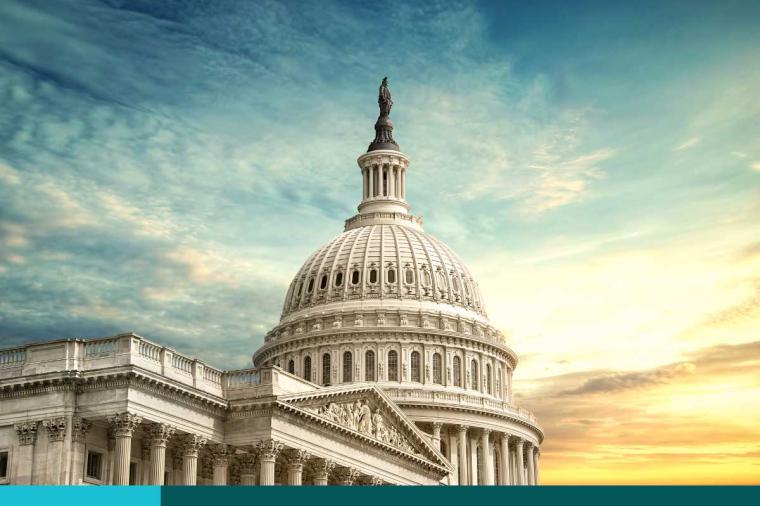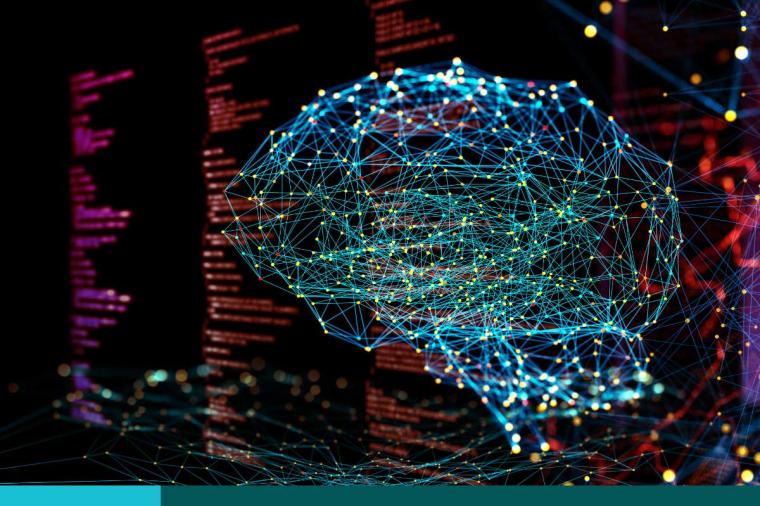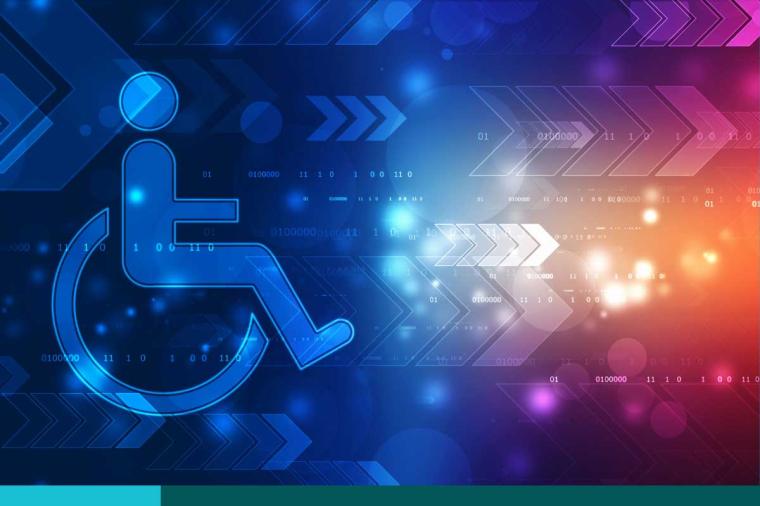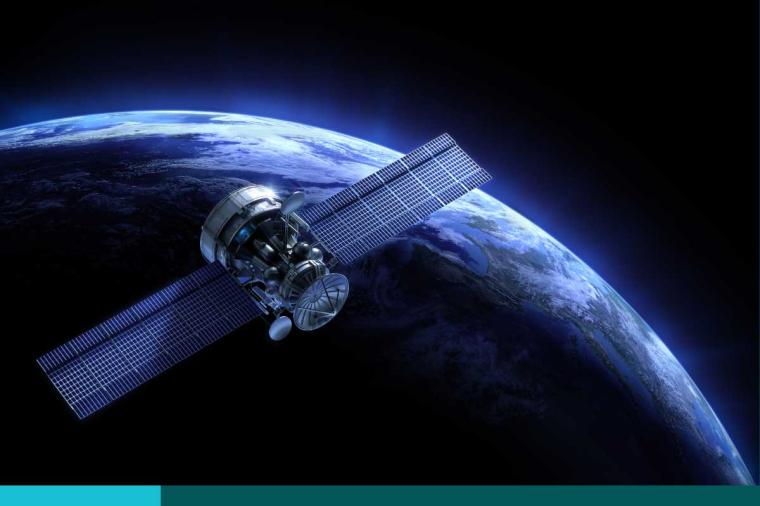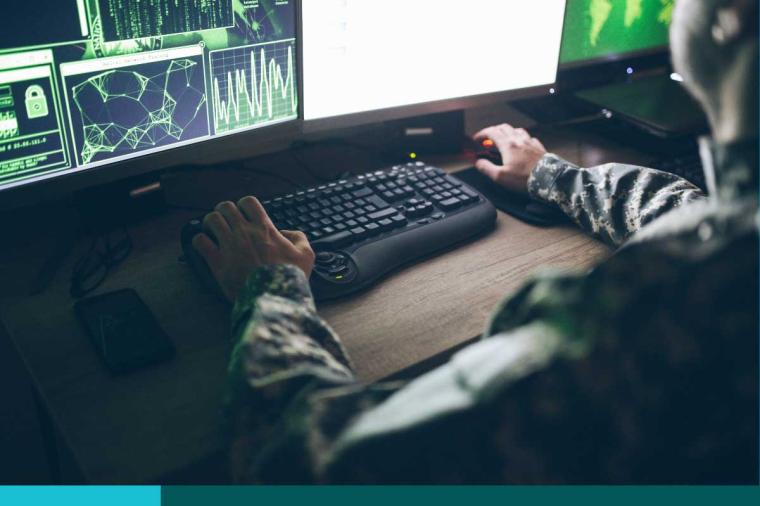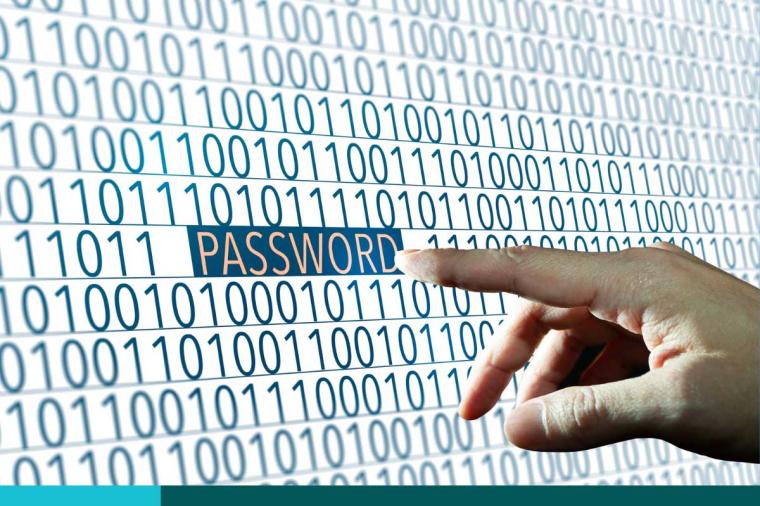Can Blockchain Help Agencies be More Efficient?
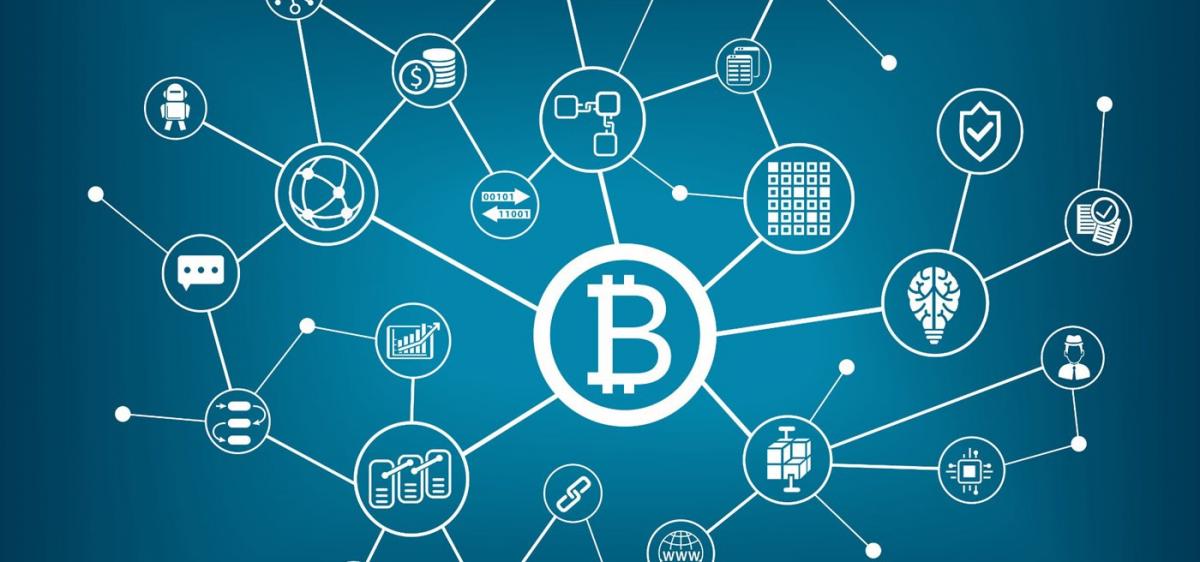
Blockchain is no longer just a buzzword or simply a “technology to watch.” This database technology is being explored by agencies across government, from the General Services Administration (GSA) to Centers for Medicare and Medicaid Services (CMS), from the Federal Maritime Commission to military supply chain professionals across the Department of Defense (DoD).
The promise of blockchain is dramatic. It can help enhance agencies’ business processes and provide far greater transparency and efficiency.
That said, for federal IT professionals in particular, understanding blockchain technology—as well as its advantages and potential downsides—is a critical first step in determining its viability within an agency setting and its true potential and impact.
Blockchain 101
Blockchain is a peer-to-peer distributed database technology created as the platform for Bitcoin exchange. In a nutshell, the technology uses a vast number of interconnected peer-based computers to store blocks of information. This distributed database of information is continually updated and reconciled.
One of the primary advantages of blockchain is that it can authenticate a user’s identity and create verifiable histories of transactions that take place within the network. In fact, the technology does this automatically. It supports interactions between machines that can eliminate the need for human intervention or oversight.
Additional advantages of blockchain are that 1) there is no single point of failure, and 2) it is not controlled by any one entity. The primary disadvantages stem from blockchain still being a relatively new technology. For example, there are questions about (and challenges with) scalability and performance. There is also the challenge of complexity, as well as a current lack of industry standards.
Nevertheless, there is a world of potential use cases that are driving research into, and implementation of, blockchain technology as fast as—if not faster than—other up-and-coming technologies.
Having started as the platform that manages Bitcoin transactions, blockchain is seeing quick entry into the financial industry, as nearly every major bank worldwide is testing the technology in some capacity. Banks are betting that blockchain can be used to create a secure alternative to time-consuming and expensive banking processes through dramatically increased automation.
Financial institutions, and associated banking applications, are only one small example of the types of organizations and applications that can benefit from the type of enhanced automation this technology provides.
Some natural progressions for the technology are identity management and transaction verification. At a time when agencies are finding it difficult to deal with data management and security, blockchain provides a seemingly perfect solution. GSA, for example, is looking into how blockchain technology can speed up IT Schedule 70 contract processing through enhanced automation.
Going one step further, supply chain use cases are now being tested and implemented to ensure the safety, security, and integrity of the information associated with these processes. Case in point: the Federal Maritime Commission is exploring blockchain for licensing and permitting processes.
Conclusion
Rest assured, we are only seeing the tip of the iceberg in blockchain testing and implementation within the federal government. There are already federally-focused organizations—the Government Blockchain Association and DC Blockchain Center, for example—designed specifically to explore how the government can use this technology to enhance business processes and to provide greater transparency and efficiency. Stay tuned. There will most certainly be more; and that’s great news.
*Article by Paul Parker, Chief Technologist, Federal & National Government at SolarWinds
